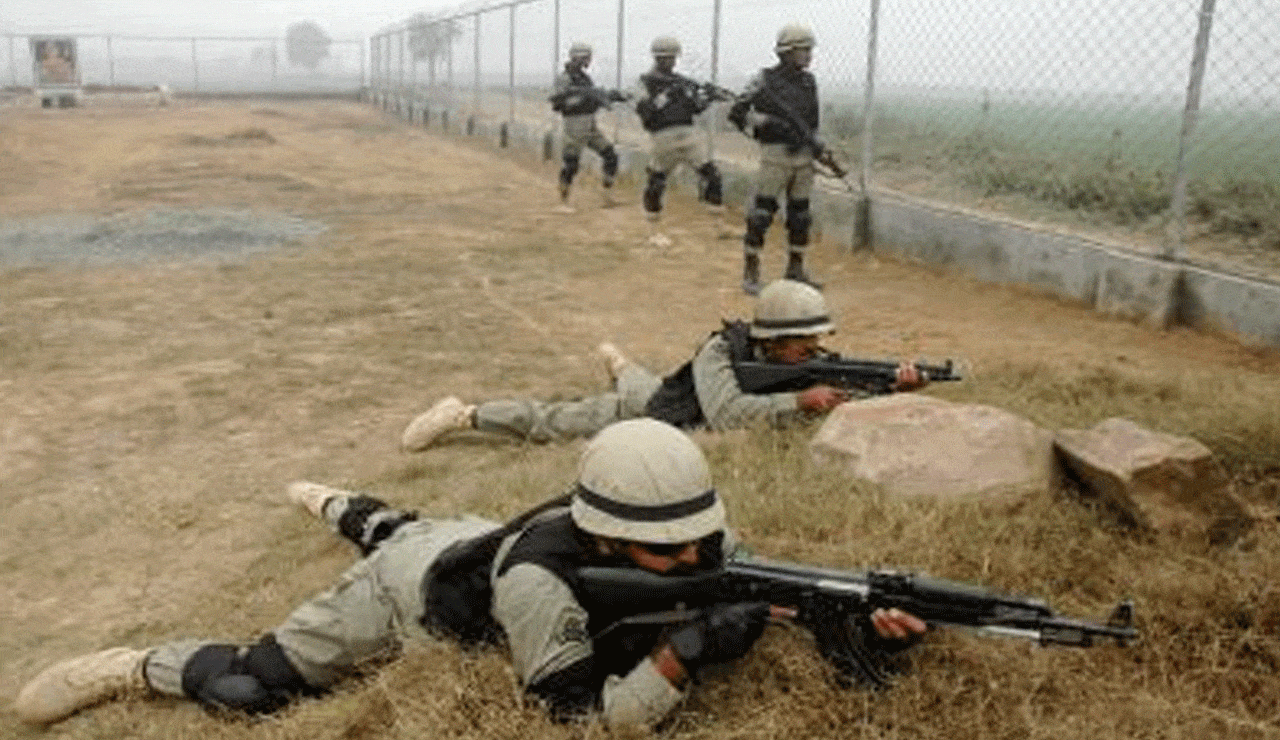US Intervention Holds Great Value, Say Pakistani Experts as Tensions Rise at LoC
The United States has reached out to both Pakistan and India at various levels in an effort to de-escalate the rising tensions between the two countries following the deadly Pahalgam attack.

Islamabad: The United States has reached out to both Pakistan and India at various levels in an effort to de-escalate the rising tensions between the two countries following the deadly Pahalgam attack. The attack, which occurred last week, resulted in the deaths of 26 innocent civilians, sparking strong reactions from both nations.
Table of Contents
A spokesperson from the US State Department stated, “This is an evolving situation and we are monitoring developments closely. We have been in touch with the governments of India and Pakistan at multiple levels. The United States encourages all parties to work together towards a responsible resolution.”
India and Pakistan Exchange Blame
Tensions escalated as India accused Pakistan of supporting and facilitating the Pahalgam attack through cross-border terrorism, a claim which Pakistan has strongly rejected. Reports indicate that the Resistance Front, an offshoot of the Pakistan-based Lashkar-e-Taiba, claimed responsibility for the attack.
Both countries have adopted very strong positions against each other in the wake of the attack. India has suspended the Indus Waters Treaty (IWT) and cut trade ties, while Pakistan has closed its airspace. Both nations have issued strong statements, leading many to believe that war could be the only option if tensions are not defused.
Also Read: Chaos in Pakistan: Items That Cost 50 Rupees in India Now Sell for 180 Rupees in Pakistan
Experts Highlight the Importance of US Intervention
Senior analyst Kamran Yousaf remarked, “Both India and Pakistan have taken very strong positions against each other. The US intervention holds great value. Washington’s influence will certainly allow both sides to take a step back from their rigid positions against each other.”
Countries like Iran and Saudi Arabia have also offered to mediate peace talks between the two countries. Experts noted that in the past, Saudi Arabia and the United Arab Emirates (UAE) have played a crucial role in bringing both sides to the negotiation table through backdoor diplomacy, resulting in ceasefire agreements along the Line of Control (LoC).
Strategic Importance of US Involvement
Yousaf further pointed out, “India is an important partner to Washington in countering China’s influence in the region, while Pakistan remains a US ally, especially in terms of keeping a close watch on Afghanistan.”
However, experts also noted that the US’s involvement in the current Pakistan-India tensions may be limited under the Donald Trump administration. Former Pakistani Ambassador Hussain Haqqani said, “India has a longstanding grievance about terrorism emanating from Pakistan, while Pakistan has its own concerns about India’s intentions. This cycle of tension repeats every few years, but this time, the US may not be as eager to intervene.”
The situation remains volatile, and the coming weeks will likely reveal whether diplomatic efforts from the US and other countries can help ease the tensions between India and Pakistan.
